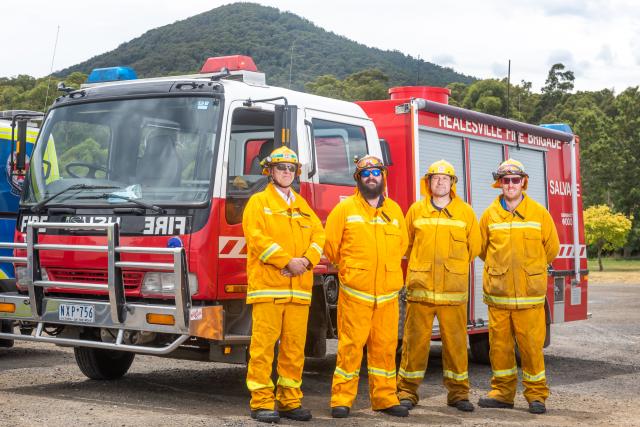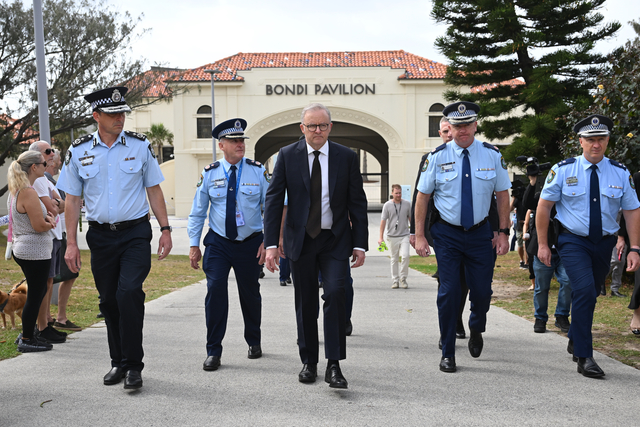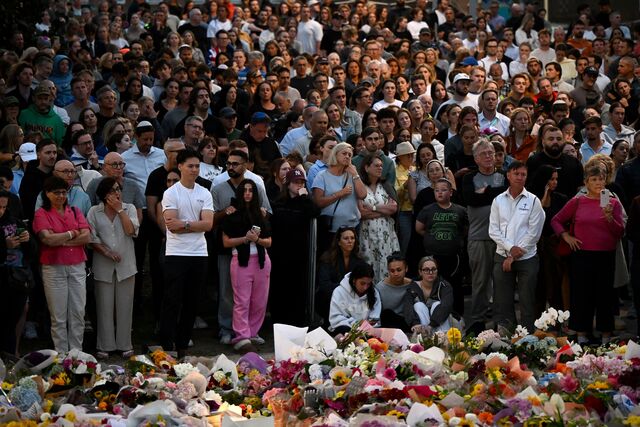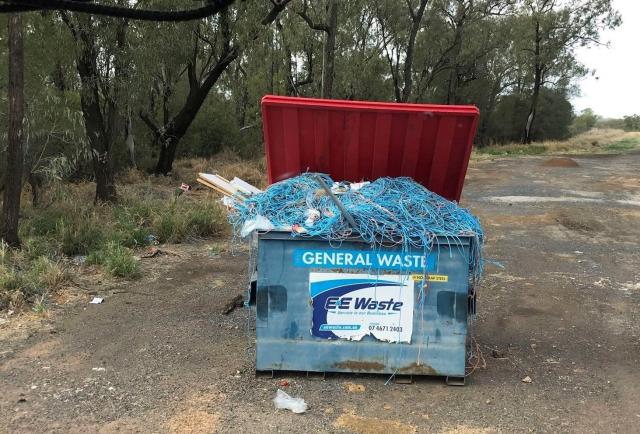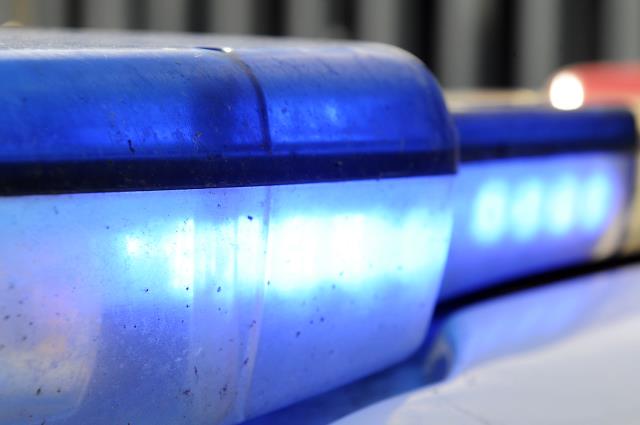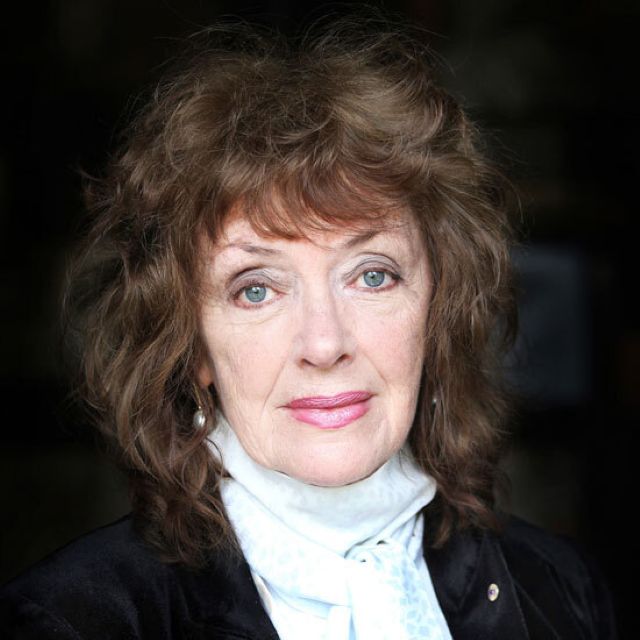Healesville Fire Brigade 5th Lieutenant Cliff Overton saw first hand the devastation and tragic scenes of the Black Saturday bushfires in 2009.
At the time of the fires, Lt Overton was living in Diamond Creek and was a volunteer with the local brigade while also working with the Country Fire Authority in Seymour.
For Lt Overton, the gravity of what had happened unfolded on the Sunday as he joined a volunteer strike team for house searches in Strathfield and Arthurs Creek, Kinglake to find survivors.
“We found a lot of people, we didn’t find any survivors,” Lt Overton said.
In the Black Saturday Bushfires, 173 people died across the state, something Lt Overton had ‘direct exposure’ to.
“It was that direct exposure to the people who had not survived, whether they were in the driveway or in the road or in the house,” he said.
Following the fires, Lt Overton continued working for CFA and supported the Royal Commission and mental health issues that started after the fires remained.
A year later, he started working with the Metropolitan Fire Brigade but the tragedy of Black Saturday continued to stay with him.
It was six years after the fires that Lt Overton decided to leave his employment in emergency management and stopped being a volunteer to focus on his own mental health and the post traumatic stress from the events.
“I still carry images of the day – for a long time when I wasn’t well it was all I could see, it was like having a permanent PowerPoint show running in your head and it was in front of you and you couldn’t see real life behind it – it kept getting in the way,” he said.
“So part of the therapy was learning how to turn it off but it’s still there, but I’ve got control over it…so I carry those visual memories.”
Accepting life without being a firefighter was something he managed during his recovery until moving to Healesville in 2016.
“That was a big thing to be moving back into a fire prone community in the first place because prior to that we were in Melbourne and after a while I thought maybe I should go and talk to the local brigade see how I feel.
“I walked down on Sunday morning, met a couple of members and had a chat. Eventually came down spoke to the captain and I thought ‘Yeah, all right, I’ll see if I can….I’ll see if I can get back to being a volunteer firefighter.”
Since then, he has remained a volunteer and credits a large part of his recovery to joining Healesville Fire Brigade and the support the members provided him with.
“To come here and find a brigade that was non judgmental, welcoming, supportive – I credit my time in Healesville becoming a CFA volunteer again as probably the biggest part of my recovery.”
Now Lt Overton uses his lived experience to help others, volunteering with Beyond Blue, joining a state government group to assist mental health services and working with Emergency Service Foundation to improve the mental health support for first responders.
He credits his wife Tania to saving his life and first discussing with him his mental health.
“Have that discussion with a family member or a friend and then look at what support services are out there that would best suit you.
“You may be feeling things differently, you may feel them at a different time, you might behave in a different way, but the common denominator is that you’re not alone and you know, the first person you ever speak to is going to be the first person that helps you.”
Lt Overton said the 14 year anniversary on Tuesday 7 February was something he didn’t realise came around until he went on social media and saw posts which were triggering for him.
He took this time to reflect and speak to friends and said this was healing for them all, suggesting to others it’s always a good time to reach out and check in on loves ones.
“14 years can feel like 14 nanoseconds and 14 years light years all at once, time is not particularly a measure it’s how you are at the time,” he said.
“I think everybody’s going to deal with tragic events in a different way, but I think the common denominator is recognising that you don’t have to be alone when dealing with it – that the support is there.”
“If you’re aware of people that have been through tragic events…. if similar things may occur in the future that may trigger them, you might want to check in, might want to say, ‘Hey, how are you today?’”

